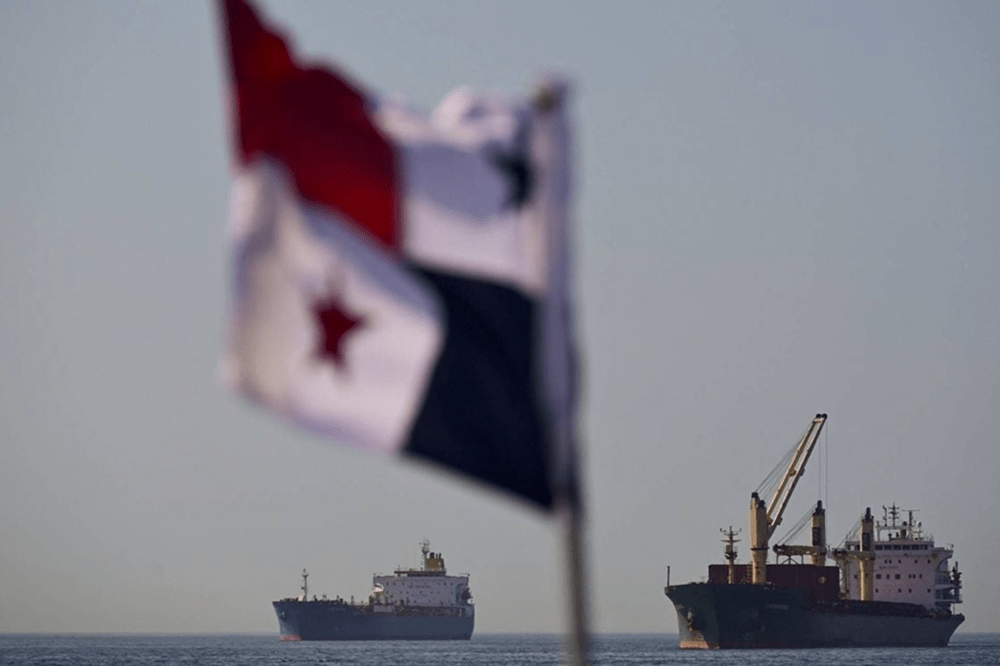Cargo Vessel Baltic Wind Runs Aground in Isefjord, No Pollution Reported
The cargo vessel Baltic Wind ran aground in Denmark’s Isefjord after leaving the navigation channel. No injuries or pollution were reported, and salvage planning is underway.

Panama has become the first flag state to mandate full traceability for offshore ship-to-ship (STS) oil transfers, stepping up its enforcement of maritime standards and reinforcing its reputation as a leading registry in the fight against illicit shipping.
Since August 6, any Panamanian-flagged oil tanker of 150 GT or more must notify the Panama Maritime Authority (PMA) at least 48 hours before executing an STS operation. The notification must include exhaustive technical and logistical details: vessel names, flags, IMO numbers, call signs, ETA, coordinates, type of maneuver (anchored or underway), hydrocarbon type and quantity, operation duration, and the designated person ashore (DPA). Any deviation beyond six hours requires real-time updates to the PMA. Confirmation of compliance with IMO’s MARPOL Rules is also mandatory.
The penalty for non-compliance is severe—Panamanian registration may be canceled, effectively barring non-conforming tankers from flying one of the world’s largest maritime flags.
This regulation is part of a broader strategy. In recent months, the registry has removed over 214 vessels tied to sanctions violations, and now bars registration of tankers older than 15 years, targeting operators exploiting weak oversight of older tonnage.
The regulations arrive amid expanding scrutiny of the shadow fleet—aging, opaque tankers engaged in sanctions evasion through tactics like AIS-dark transits and clandestine STS transfers. By introducing mandatory advance reporting of STS operations, Panama targets one of the fleet’s key evasion tools.
For shipping professionals, these new rules signal a shift in compliance viability for vessels trading via shadowy operations. Registrars, charterers, and brokers must now verify STS traceability and transparency—failure to do so will carry tangible consequences.
Panama’s measure establishes a new compliance benchmark, and may well become a model for other flag states as the industry recalibrates around maritime safety, accountability, and sanctions enforcement.